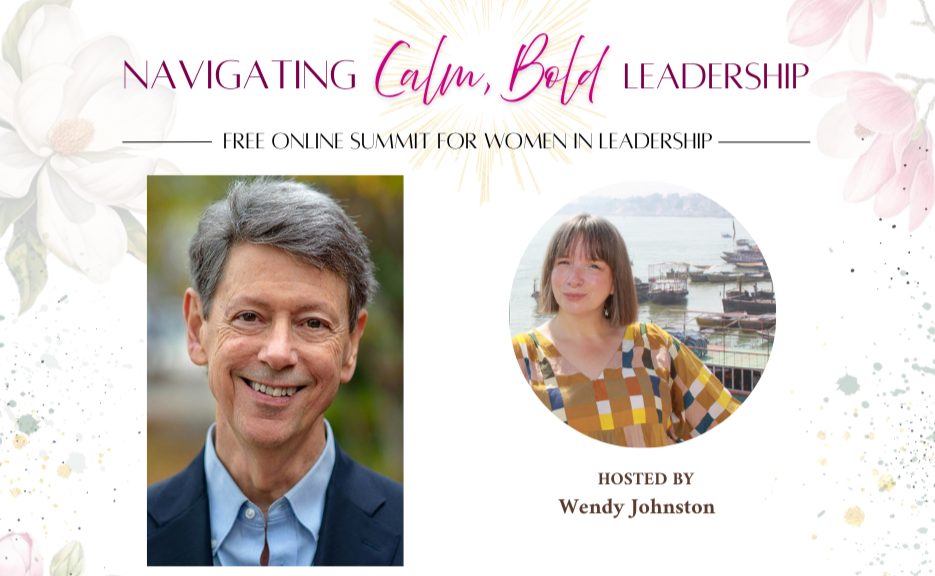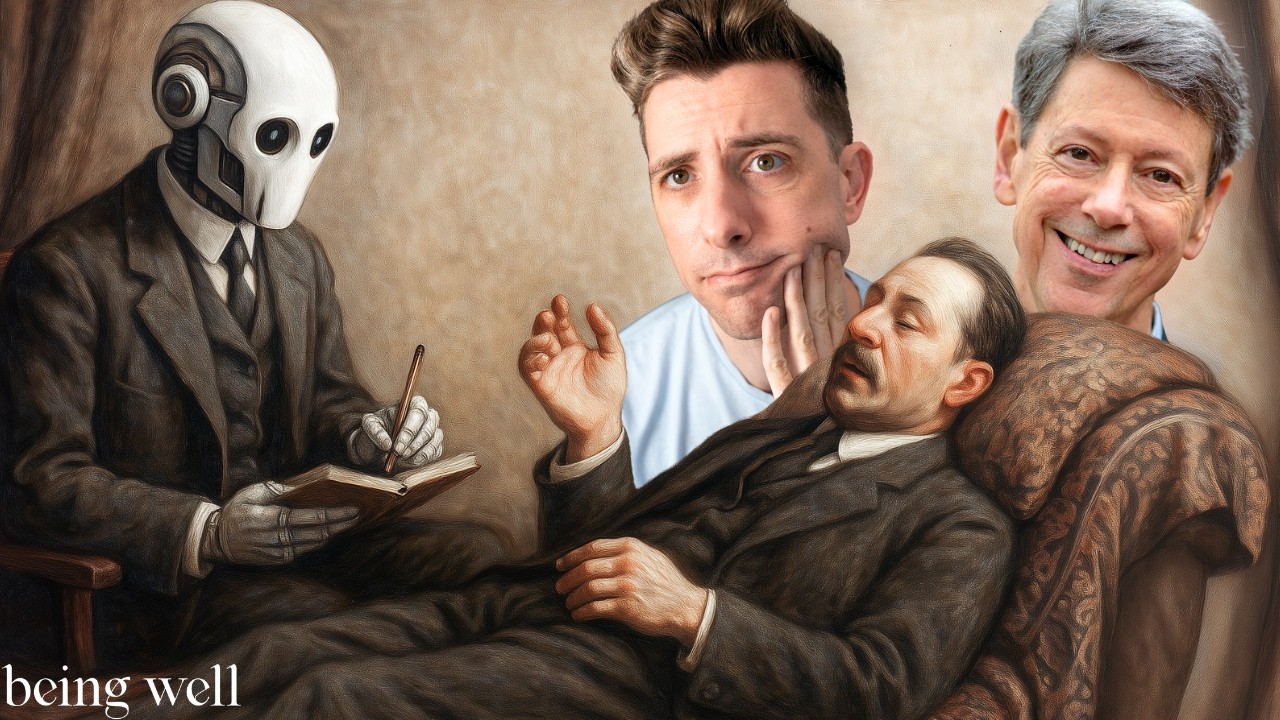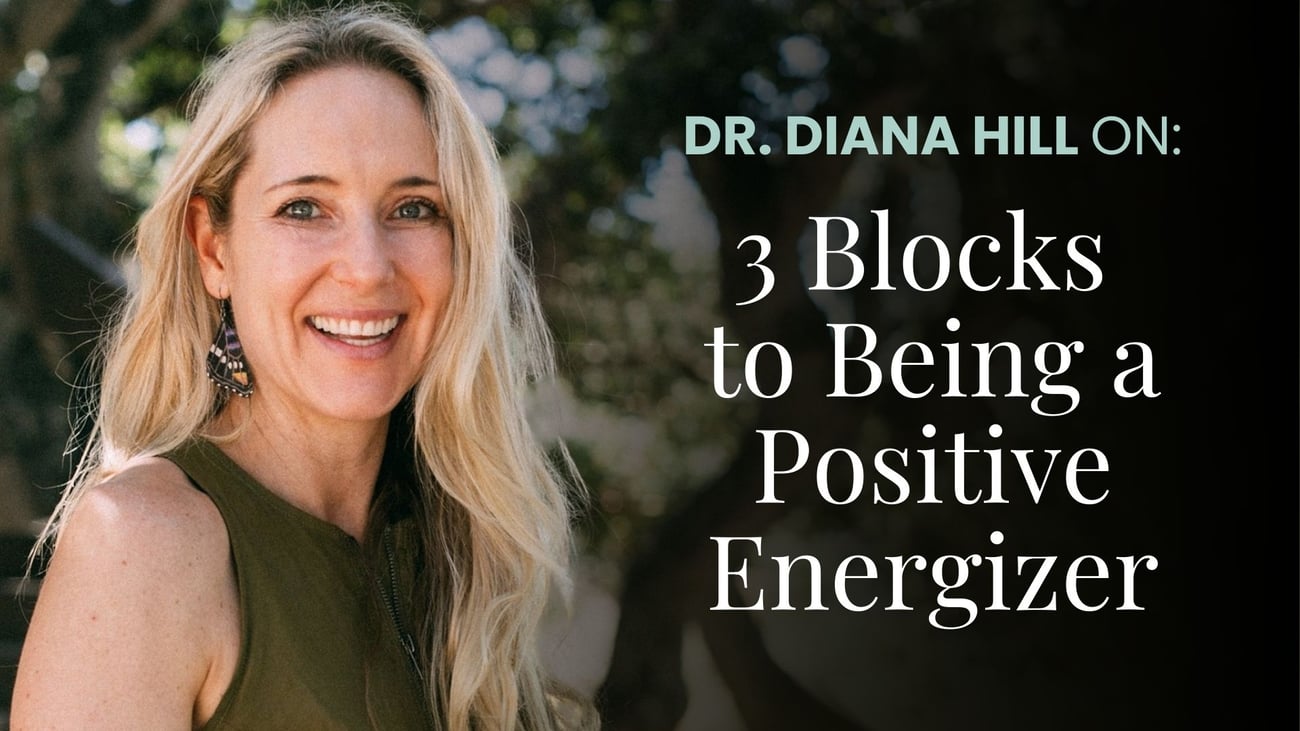 |
Just One Thing |
|
|
|
Simple Practices for Resilience and Happiness from |
|
DR. RICK HANSON |
 |
|
|
|
|
So many of us carry quiet insecurities that keep us striving and second-guessing ourselves. If that sounds familiar, I invite you to join my Self-Worth Workshop, where I'll teach you how to release old patterns, strengthen inner confidence, and finally trust in your true worth. (And if you sign up by midnight tonight, you can save 40%.) |
|
|
|
 |
What's your own role? |
THE PRACTICE: |
See Your Part. |
|
|
— Why? — |
|
In situations or relationships with any kind of difficulty – tension, feeling hurt, conflicts, mismatches of wants . . . the usual crud – it’s natural to focus on what others have done that’s problematic.
This could be useful for a while: it can energize you, highlight what you most care about, and help you see more clearly what you’d like others to change.
But there is also a cost: fixating on the harms (actual or imagined) done by others revves up your case about them (see Drop the Case), with all the stresses and hard feelings that this brings. Plus it makes it harder to see the good qualities in those you have issues with, the influence of additional factors – and whatever might be your own part in the matter.
For example, let’s say you work with someone who is unfairly critical of you. Sure, there are the ways that this person is out of line, self-righteous, whatever. Additionally, there are the ways that this person is also doing good things, plus the ways that other factors – such as coworkers who like to gossip – are making things worse. And there might be your own role as well, perhaps inadvertently.
To be clear, sometimes we really do have no part in whatever happened. Many situations are like a person walking across a street with a green light when a drunk driver hits them. And in many other situations, our own role is small at most, and never justifies the harmful actions of others. I feel it is courageous and self-respecting to recognize and as appropriate call out the harms done by someone to us or others.
And still . . . we usually have little influence over other people. Yes, we do what we can about what’s “out there,” but “in here” there are many more opportunities for managing our reactions and for becoming more skillful in life.
Further, I’ve never been able to come to peace about anything that’s bothered me until I take responsibility for whatever is my own part in it. Which, upon reflection, is sometimes nothing at all! But the willingness to see for oneself whatever one’s part is enables a genuine sense of release when we can enjoy “the bliss of blamelessness.”
Paradoxically, when you step into acknowledging your part, then you can step out of tangles of conflicts with others and ruminations and resentments inside your own mind. |
— How? — |
|
Since it can be challenging to look squarely at your own part in a situation, start by resourcing yourself: bring to mind the feeling of being cared about; get a sense of some of your own good qualities, and remind yourself of the benefits to you and others that will come from seeing your part.
Next, pick a challenging situation or relationship that involves another person . . . and take some time to consider:
- The ways that the person has truly mistreated you, and perhaps others
- The ways that this person has perhaps benefited you and others
- The effects of other people, society, history, etc. on the challenging situation or relationship (take a wide view)
Then consider your own role in the matter, whatever it might be. To do this, it helps me to sort my own actions – of thought, word, or deed – into three groups:
- Innocent – For example, simply being there when something happened; not doing anything wrong; being accused of things you didn’t do; getting targeted because of gender, age, ethnicity, appearance, etc.; or following the rules while others don’t.
- Opportunities for greater skillfulness – For example, realizing that a certain word is understandably offensive to others; over-reacting to something, or deciding to be a more engaged parent or to give your partner more attention.
- Moral faults – (We all have moral faults, occasions when we violate an appropriate code – particularly our own deep code – of integrity and deserve a wince of healthy remorse.) Such as being unfair; demeaning others; nursing grudges; lying; treating people as if they don’t matter; abusing power; recklessness, or using coldness as a weapon.
The distinction between opportunities for greater skillfulness and moral faults is really important – both regarding yourself and others you have issues with. Often we miss chances to become more skillful because we think it will mean acknowledging a moral fault. Of course, what is a matter of skillful correction for one person could be a moral fault to another one; you have to decide for yourself.
As you do take responsibility for your own part, have compassion for yourself. Also, remember that surrounding that part are all sorts of good qualities in you – and seeing your part is also an expression of your goodness. Know these things, and let them sink in.
Allow waves of sadness or remorse to move through you as you see your part. Let them come, and let them go. Don’t wallow in guilt: that actually undermines seeing and taking action about your own role. Remember that your part does not reduce the part of others. Appreciate that facing your part helps you help others to face their own.
Increasingly, find your way to a kind of peace. When you see your part with clarity and a whole heart, then you are not resisting anything. And no one can tell you something about your own role that you don’t already know. There is a relief, a softening and opening, an upwelling sense of your own good heart.
Then, gently, see if any actions come to mind as wise and helpful. Perhaps some communications to others, or resolutions about the future, or making of amends. Take your time here; you can trust yourself to know what to do.
When you have a sense of the benefits of seeing your part, really take it in. You surely deserve it! Acknowledging one’s own part in a difficult situation is one of the hardest – and I think most honorable – things a person can do. |
| Read this Online |
|
|
Know someone who could take responsibility for their part in a situation? |
|
Share this Just One Thing practice with them! |
|
Share on Facebook | Tweet on X | Forward this Email |
|
|
|
|
|
|
FREE 14-Day Masterclass Series for Women in Leadership |
Navigating Calm, Bold Leadership |
 |
|
So many of us move through our days on overdrive—until we’re running on empty. If that sounds familiar and you're a woman in leadership, I invite you to check out the free 14-day series on Navigating Calm, Bold Leadership. Join me and over 20 experts to learn how to bring more steadiness, confidence, and energy into your work and life. |
| Check out the Episode |
|
|
|
|
|
|
NEW ON THE BEING WELL PODCAST |
AI Therapy: Should You Be Concerned? with Dr. Nick Jacobson |
 |
|
AI chatbots may already be the largest providers of mental health services in the United States, raising big questions about safety, effectiveness, and oversight. Dr. Rick and Forrest are joined by Dr. Nick Jacobson, to explore the risks and opportunities of AI therapy: Can a chatbot be good at therapy? Will it replace human therapists? What about AI psychosis? How should we think about privacy, bias, and regulation? Is this a silver bullet for mental health access, or are we just opening a new can of worms? |
| Check out the Episode |
|
|
|
|
|
|
NEW FROM THE WEDNESDAY MEDITATIONS + TALKS |
Wise Effort in Relationships: 3 Blocks to Being a Positive Energizer |
 |
|
Last week, guest teacher Dr. Diana Hill offered a live meditation on Breathing In Positive Relationship Energy, followed by a talk on Wise Effort in Relationships: 3 Blocks to Being a Positive Energizer, and I hope you'll check it out.
If you haven't yet, sign up to join me every week for this free, live offering.
|
| Check It Out |
|
|
|
|
|
|
MORE GOOD STUFF |
|
|
|
SCIENCE NEWS (VIEW ARCHIVE HERE)
Zebra finches don’t just tell their calls apart—they actually group them by meaning, showing they understand what each vocalization is for.
|
|
|
|
FOR PARENTS
After having children, differences in sexual desire often grow, with many mothers feeling physically and emotionally depleted while fathers typically remain more interested. With that in mind, here are some ways couples can maintain intimacy and strengthen their relationship.
|
|
|
|
FOR MENTAL HEALTH PROFESSIONALS
If you're a mental health professional looking to incorporate Acceptance and Commitment Therapy (ACT) into your work with others, I really suggest you check out this ACT Bootcamp, being offered by Steven C. Hayes, Robyn Walser, Miranda Morris, and Diana Hill.
|
|
|
|
|
|
|
HAVE YOU READ IT YET? |
Hardwiring Happiness |
 |
|
Beat the brain’s negativity bias with the power of positive neuroplasticity for lasting contentment, calm, and confidence. This New York Times bestseller is available in Hardcover, Paperback eBook, and Audiobook, wherever books are sold.
|
| Get Your Copy |
|
|
|
|
|
|
WORDS OF WISDOM |
"Acknowledging one’s own part in a difficult situation is one of the hardest – and I think most honorable – things a person can do." |
|
— RICK HANSON, PHD |
|
|
|
|
JUST ONE THING (JOT) is the free newsletter that suggests a simple practice each week for more joy, more fulfilling relationships, and more peace of mind. A small thing repeated routinely adds up over time to produce big results.
Just one thing that could change your life.
(© Rick Hanson, 2024) |
|
|
|
|
|
|
|
|